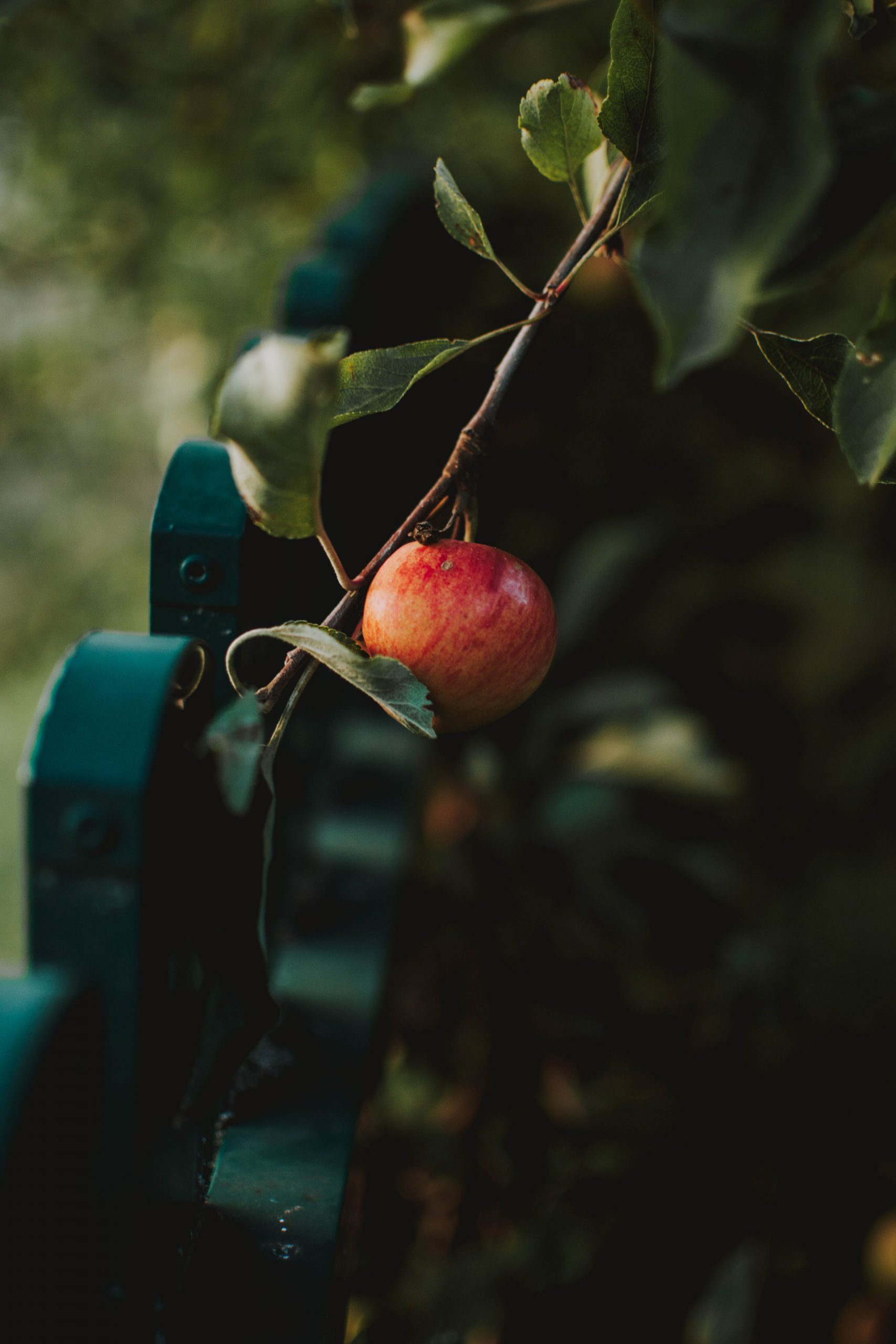New study: Pig welfare outweighs climate concerns for consumers
Pork production is a societal concern on several fronts: antibiotics use, infectious disease, poor animal welfare and climate and environmental pressures. Even though the beef, coffee and chocolate industries are each major climate culprits, the world’s total consumption of pork emits hundreds of millions of tons of CO2 every year.
But are you willing to fork over extra cash for a more climate-friendly pork roast? Or, are there other considerations that would increase your willingness to pay more? And if so, how much of a premium would you be willing to pay? Researchers from the University of Copenhagen’s Department of Food and Resource Economics investigated this in a new study with respondents from Denmark, Germany, the UK and Shanghai, China.
Ancient technology turns plant-based cheese into 'something we want to eat'
Nearly thirty kilos of cheese are eaten by the average dairy-loving Dane every year. But increasing pressure on Earth’s resources and climate change call for our food system to turn in a more plant-based direction. As a result, scientists are looking into how to transform protein-rich plants like peas and beans into a new generation of non-dairy cheeses that possess the similar sensory properties as the dairy-based ones that humans have enjoyed for thousands of years.
Studies on minimizing apple waste
Harvested fruit is sorted into different product classes depending on fruit quality. Classes one and two both denote edible fruit, but class one fruit must not show any cosmetic or visual defects. Class two fruit sells for a lower price and thus gives farmers a lower income. A survey done by SLU showed that 22 percent of apples are classed as industrial fruit which reaches stores in the form of juice and similar products.

